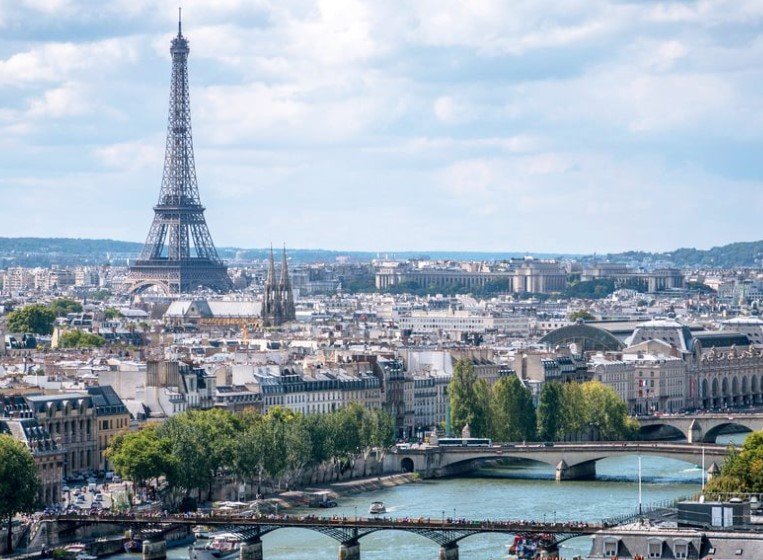In a recent controversy, the creator of the Paris Olympic opening ceremony, Thomas Jolly, has firmly denied any reference to Leonardo da Vinci’s ‘The Last Supper’ in his performance. The ceremony, which aimed to celebrate diversity and inclusivity, has faced backlash from some religious groups who felt it mocked Christian iconography. Jolly, however, maintains that the scene was inspired by pagan feasts and not intended to offend any religious sentiments.
Defending the Artistic Vision
Thomas Jolly, the mastermind behind the Paris Olympic opening ceremony, has defended his artistic vision amidst the controversy. He emphasized that the scene in question was meant to celebrate diversity and inclusivity, not to mock any religious beliefs. Jolly explained that the tableau was inspired by pagan feasts and the gods of Olympus, aiming to create a sense of unity and celebration.
The ceremony featured a variety of performers, including drag queens and dancers, who posed along a long table. This imagery led some to draw parallels with ‘The Last Supper,’ sparking outrage among certain religious groups. However, Jolly reiterated that there was no intention to reference the famous painting or to offend anyone.

Jolly’s vision for the ceremony was to promote tolerance and acceptance. He wanted to create a spectacle that would bring people together and celebrate the values of liberty, equality, and fraternity. Despite the backlash, Jolly remains proud of his work and believes that it achieved its goal of fostering a sense of community.
Reactions from the Public and Religious Groups
The public’s reaction to the opening ceremony has been mixed. While many praised the bold and inclusive nature of the performance, others were offended by what they perceived as a mockery of Christian iconography. Social media platforms were flooded with both support and criticism, highlighting the divisive nature of the tableau.
Religious groups, particularly within the Christian community, expressed their discontent with the performance. Some felt that the imagery was disrespectful and undermined their beliefs. The Catholic Church, in particular, voiced its concerns, calling for an apology from the organizers.
In response to the backlash, Paris 2024 spokesperson Anne Descamps issued a statement apologizing for any offense caused. She clarified that the intention was never to show disrespect to any religious group and that the scene was meant to celebrate community tolerance. Despite the apology, the controversy continues to spark debate.
The Future of Olympic Ceremonies
The controversy surrounding the Paris Olympic opening ceremony has raised questions about the future of such events. As the world becomes more diverse and inclusive, organizers face the challenge of creating performances that resonate with a global audience while respecting cultural and religious sensitivities.
Thomas Jolly’s vision for the ceremony was to push boundaries and challenge traditional norms. While this approach garnered praise from some, it also highlighted the fine line between artistic expression and cultural sensitivity. The debate over the ‘Last Supper’ reference serves as a reminder of the complexities involved in creating large-scale public events.
Moving forward, Olympic organizers may need to consider more carefully the potential impact of their artistic choices. Balancing creativity with respect for diverse beliefs will be crucial in ensuring that future ceremonies are both inclusive and respectful. The Paris 2024 opening ceremony has set a precedent for future discussions on this topic.
